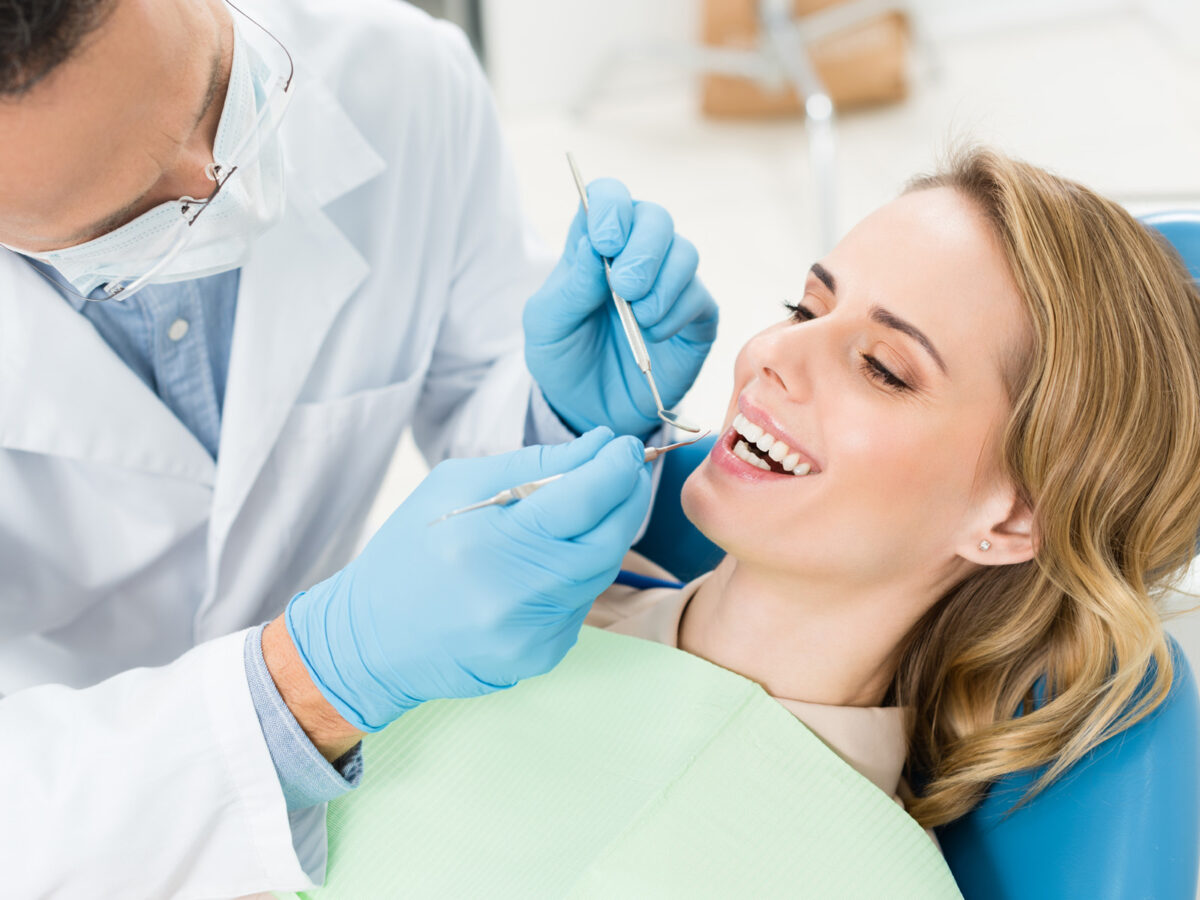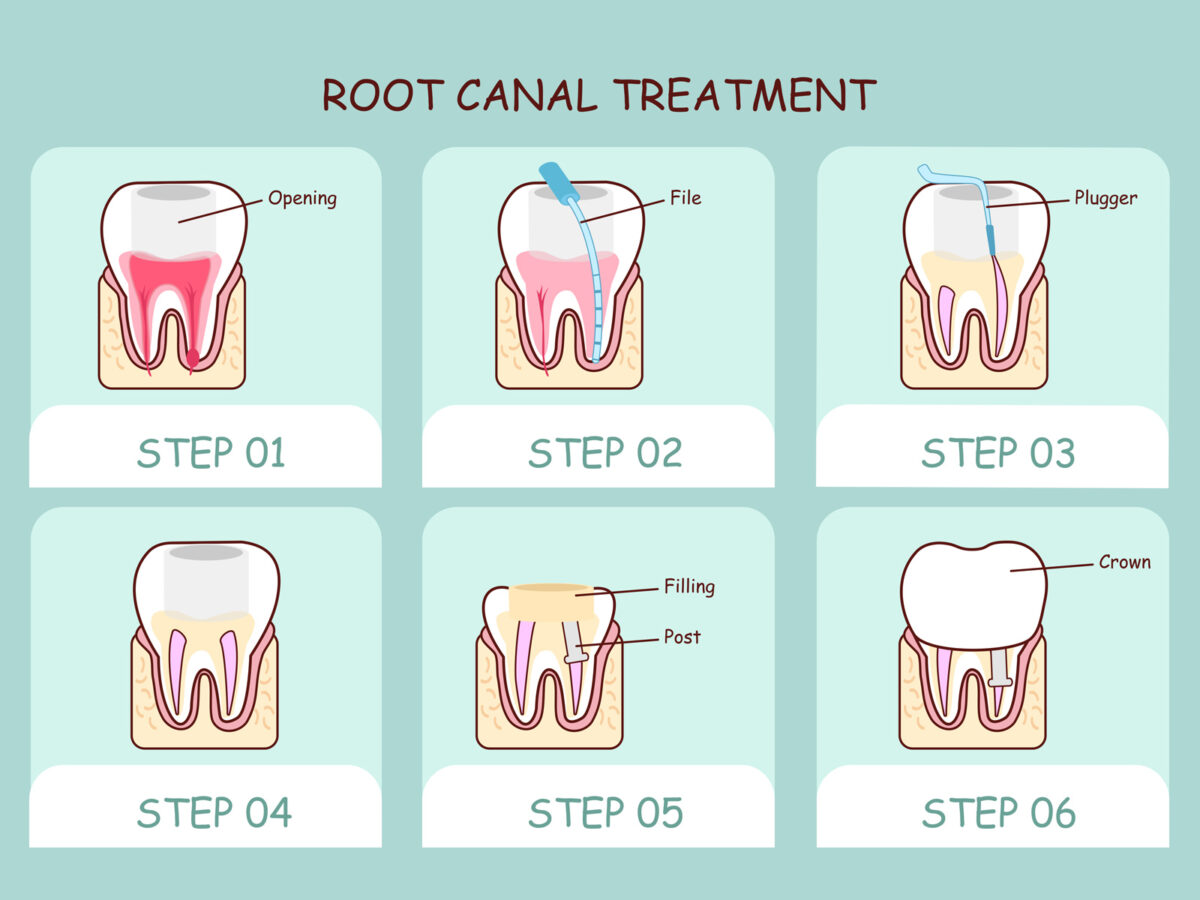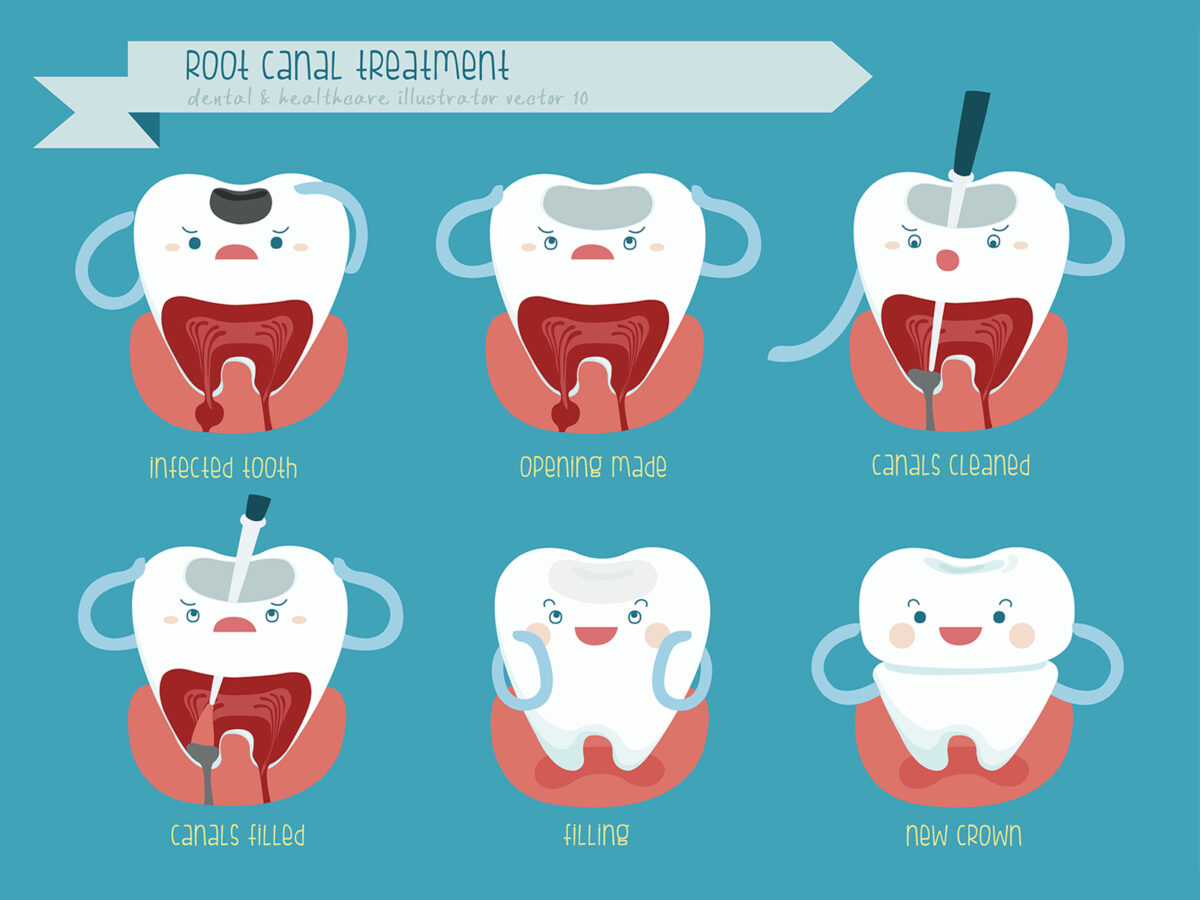Baby feeding with breast milk is considered to be one of the oldest practices. The process of breastfeeding is a major necessity during infancy and childhood, not only for the baby’s nutritional needs, but it also forms a bond between mother and child.
It promotes a proper bite when a child is breastfed
Breastfed children demonstrate more facial muscle activity than bottle-fed children. Sucking helps develop the skeleton and muscles of the face.
Bacteria in the mouth can be inhibited by breast milk
Antibodies and proteins found in breast milk inhibit bacterial growth. Unlike infant formula, it contains lactose instead of sucrose. Compared to sucrose, lactose has a lower carcinogenic potential.
Breast milk can cause cavities in your infant
Breast milk also contains sugars, just like infant formula. This can cause the child’s teeth to become decayed. It is therefore important that you begin caring for your baby’s teeth as soon as possible after his or her birth.
Clean his gums every day with a soft, damp cloth. Start brushing with fluoride toothpaste as soon as the first tooth erupts.
Once your baby’s teeth appear, you can continue to breastfeed
Breastfeeding shouldn’t be stopped at any given time. You can continue breastfeeding your baby even after his or her teeth have grown in.
You are more likely to develop cavities if you breastfeed
During pregnancy and nursing, women are more likely to develop cavities. There are several reasons for this:
- An increase in cavities due to changes in oral hygiene practices: New babies can disrupt your daily routine, including your oral hygiene routine. Thus, maintaining a proper oral hygiene regimen is crucial.
- Lactation cookies: You may need to use lactation cookies if you have trouble producing enough milk for your baby. Milk-producing ingredients are contained in these cookies. Sugar is also high in them, which increases the risk of cavities.
To ensure that your child is only exposed to safe practices when introducing new foods, you should seek advice from a dental professional.
Schedule your appointment with a dentist today and get the treatment on time!




